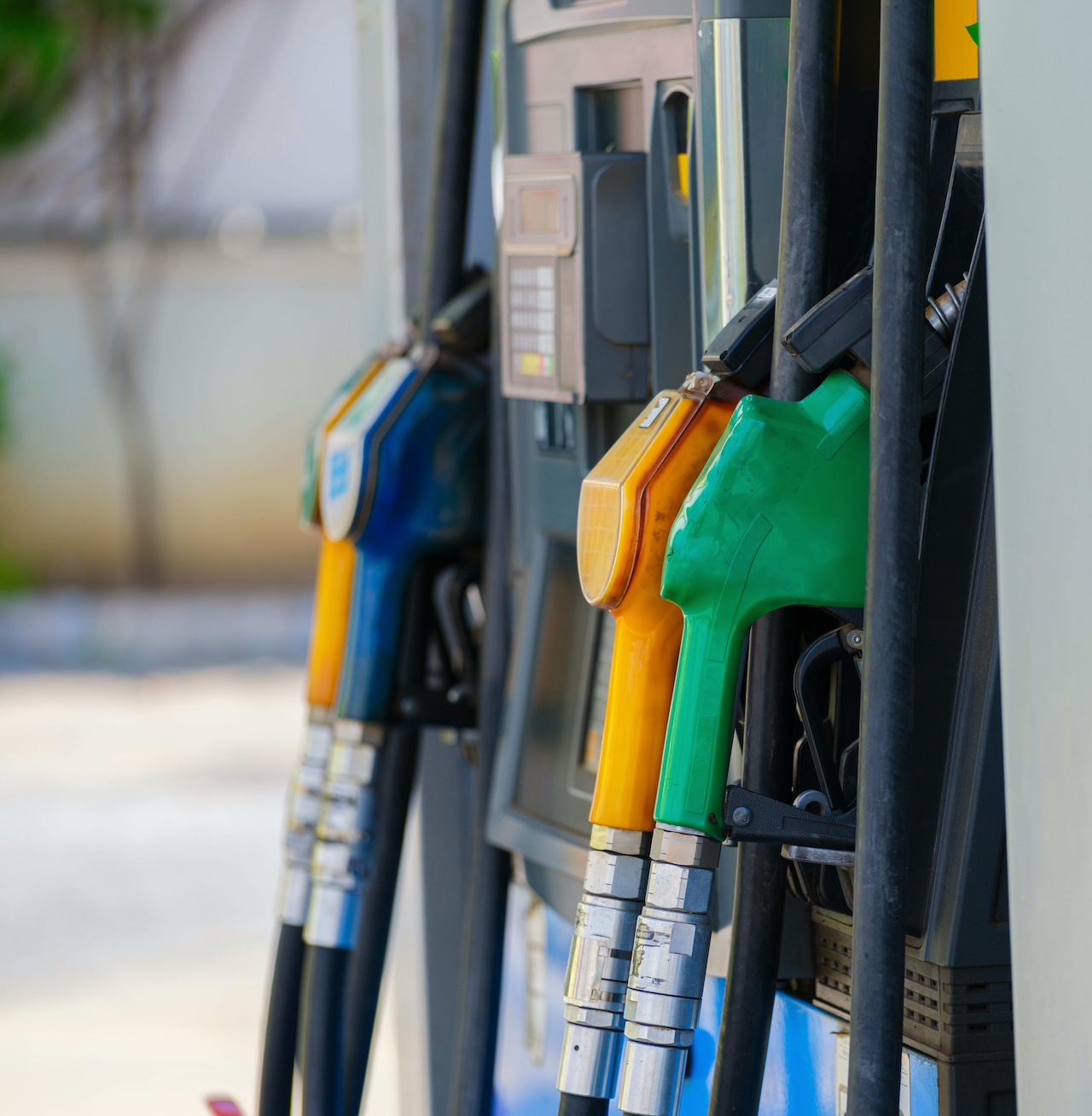As petrol prices continue to climb, motorists are feeling more financial strain than ever. While fuel costs are largely beyond our control, there are several ways to maximise fuel efficiency, helping to stretch each litre a bit further.
By adjusting your driving habits, maintaining your vehicle properly, and considering alternative fuels, you can make a significant impact on your overall fuel consumption.
1. Adopt Efficient Driving Habits
The way you drive has a significant impact on fuel consumption. By adopting more efficient driving habits, you can reduce fuel use without sacrificing your driving experience.
- Smooth Acceleration and Braking: Rapid acceleration and hard braking are two of the biggest culprits of poor fuel efficiency. By driving more smoothly—accelerating gradually and anticipating stops well in advance—you can improve your car's fuel economy by up to 15%. This not only saves fuel but also reduces wear and tear on your vehicle.
- Maintain a Steady Speed: Maintaining a consistent speed, particularly on motorways, is crucial for fuel efficiency. Using cruise control where possible can help with this, reducing unnecessary acceleration and deceleration. It’s also important to drive at or below the speed limit; driving at 70 mph instead of 80 mph can reduce fuel consumption by up to 25%.
- Reduce Idle Time: Idling burns more fuel than you might think. If you’re stopped for more than a minute or so, it’s often more fuel-efficient to turn off the engine. Many modern vehicles come with start-stop technology that automatically does this for you, but if your car doesn’t have this feature, consider doing it manually in appropriate situations.
- Lighten the Load: Extra weight in your car requires more fuel to move. Removing unnecessary items from your boot or back seat can improve fuel efficiency. Even small reductions in weight can make a difference, especially on longer journeys.
- Minimise Use of Air Conditioning: Air conditioning puts extra load on your engine, which can increase fuel consumption, especially at lower speeds. Use it sparingly, and consider using the car's ventilation system instead, especially on cooler days. However, at higher speeds, it’s often more efficient to use air conditioning than to drive with the windows open, which can create aerodynamic drag.
2. Regular Vehicle Maintenance
Proper vehicle maintenance is essential for keeping your car running efficiently. Neglecting maintenance can lead to reduced fuel efficiency and costly repairs down the line.
- Keep Tyres Properly Inflated: Under-inflated tyres create more rolling resistance, which means your engine has to work harder to keep the car moving, thus consuming more fuel. Check your tyre pressure regularly, especially before long trips, and ensure it matches the manufacturer's recommendations.
- Regular Oil Changes: Engine oil lubricates the moving parts of your engine, reducing friction and helping it run smoothly. Over time, oil breaks down and becomes less effective, which can increase fuel consumption. Stick to your vehicle’s recommended oil change schedule, and consider using high-quality, synthetic oils that are designed to improve efficiency.
- Replace Air Filters: A clogged or dirty air filter can restrict airflow to the engine, making it work harder and use more fuel. Replacing the air filter at regular intervals, as recommended by your vehicle’s manufacturer, can improve fuel efficiency by as much as 10%.
- Check Engine Tuning: A well-tuned engine runs more efficiently. Regular tune-ups, including checking the spark plugs and fuel injectors, ensure that your engine is operating at peak performance, which can lead to better fuel economy.
3. Consider Alternative Fuels and Technologies
As petrol prices rise, exploring alternative fuels and technologies can provide long-term savings and reduce your environmental impact.
- Hybrid Vehicles: If you’re in the market for a new car, consider a hybrid vehicle. Hybrids use a combination of a traditional internal combustion engine and an electric motor, which can significantly reduce fuel consumption, especially in stop-and-go traffic.
- Electric Vehicles (EVs): While the initial cost of an electric vehicle can be higher than that of a petrol-powered car, the savings on fuel can be substantial over time. Electricity is generally cheaper than petrol, and EVs are highly efficient, with many models offering over 200 miles of range on a single charge.
- Biofuels: Some vehicles are compatible with biofuels, such as ethanol or biodiesel, which are renewable and often cheaper than traditional petrol. Check your vehicle’s compatibility with these fuels before using them and consider biofuel options that are readily available in your area.
- Fuel Additives: There are a variety of fuel additives on the market that claim to improve fuel efficiency by cleaning the engine or reducing friction. While some drivers report positive results, the effectiveness of these additives can vary. It’s important to research and choose products that are compatible with your vehicle and have been proven to work.
With petrol prices showing no signs of dropping, taking steps to maximise your car’s fuel efficiency is more important than ever. By adopting efficient driving habits, maintaining your vehicle properly, and considering alternative fuels, you can reduce your fuel consumption and save money in the long run.
White’s Bodyworks are here to help if you have queries about fuel consumption and how to improve it. Contact us today for a full service.

